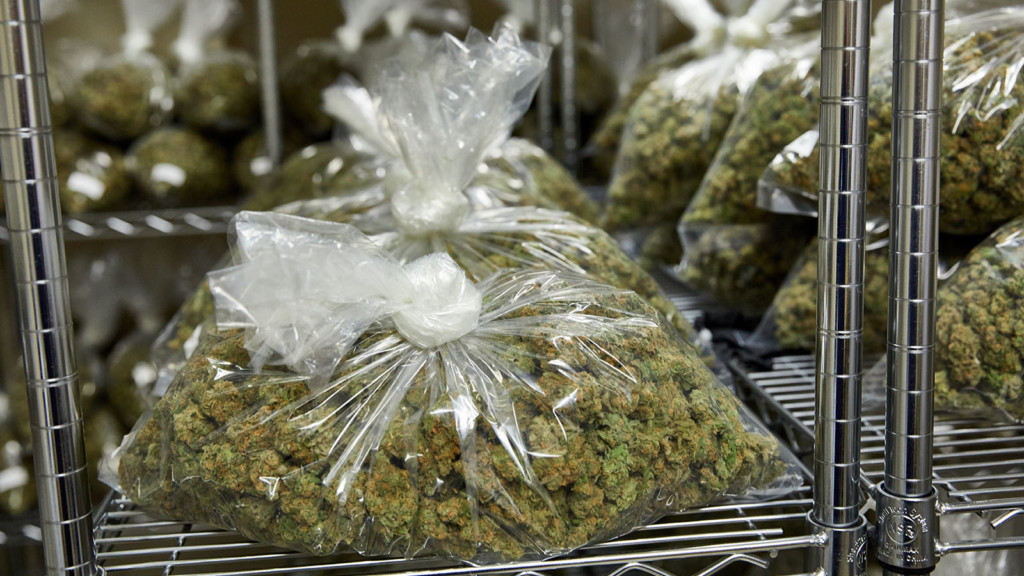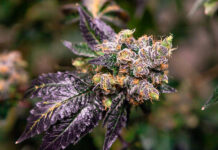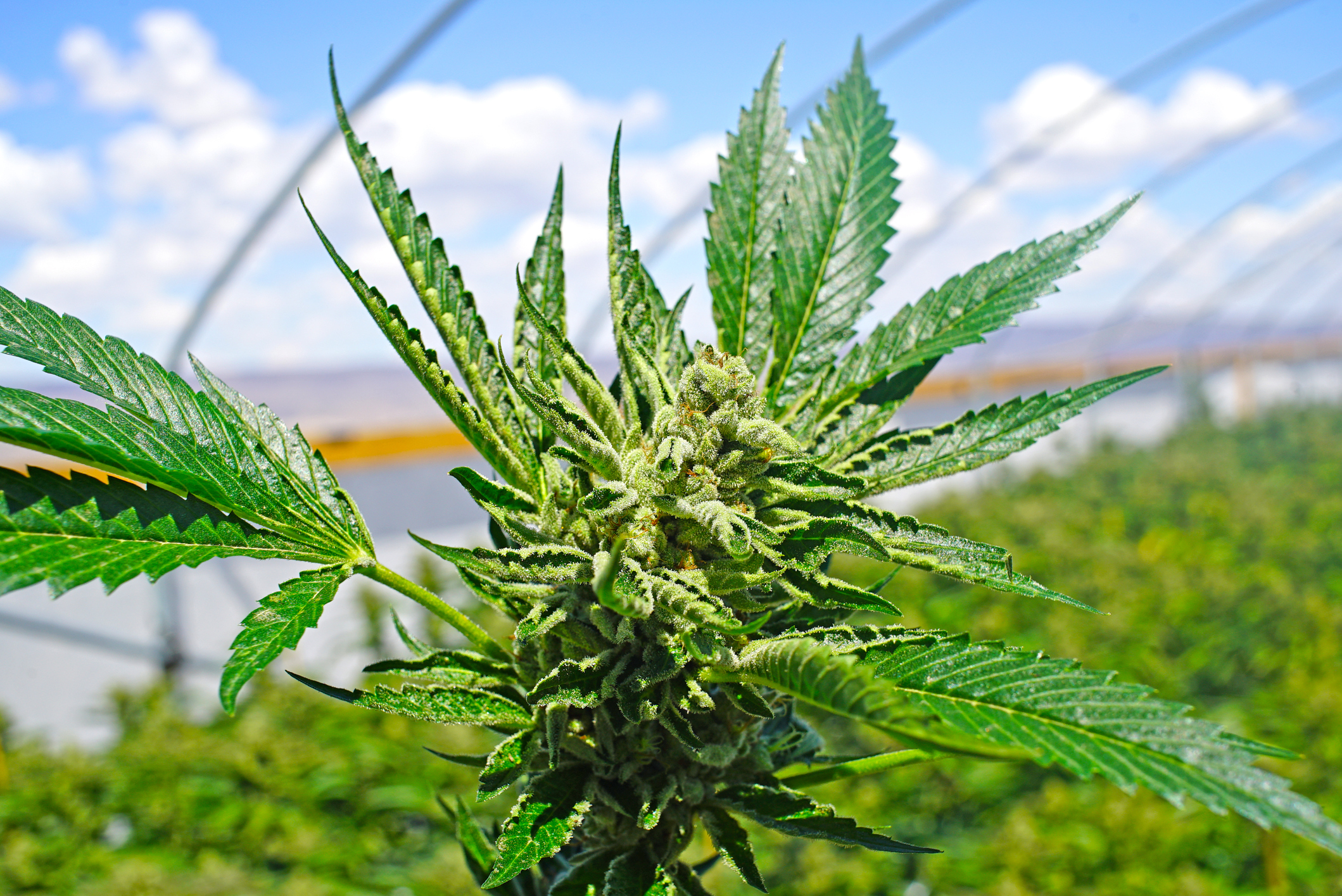A new decree by Colombia’s freshly minted conservative president is creating chaos in a country that by 2018 was poised to become one of the major players in the global medical marijuana market.
On Oct. 1, 2018, Colombia’s newly elected right-wing president, Iván Duque, sent a shockwave through the cannabis community and scrapped nearly 25 years of tolerance by signing an executive decree that bans personal cultivation and allows police to confiscate and fine for personal possession of medical marijuana. Duque claimed that it was his “moral duty” given the “devastating effects on health and society,” according to The City Paper, a Colombian English-language newspaper.
Personal possession of up to 20 grams, or 0.7 ounces, of flower and cultivation of up to 20 plants has been decriminalized since 1994, when the Colombian Constitutional Court ruled that drug use is a personal choice and a matter of public health rather than criminality. Cannabis use is widespread in Colombia, with larger cities sporting dynamic cannabis cultural institutions including widespread edibles, a strong network of grow shops, a national cannabis magazine and the annual Cannabis Carnaval, a weekend celebration that takes over Bogotá, the nation’s capital.
Medical cannabis was legalized in 2016 under the previous president Juan Manuel Santos. In two year’s time, the country issued 33 commercial growing licenses for what has been projected to become a $40 billion industry, according to Reuters.
According to CBC News, approximately seven Canadian cannabis firms have invested at least $100 million into the legal Colombian cannabis market. Colombia has an ideal cultivation climate for marijuana and already supports multiple established growing regions. The South American country produces high-quality cannabis for pennies on the dollar compared with the U.S. and Canada.
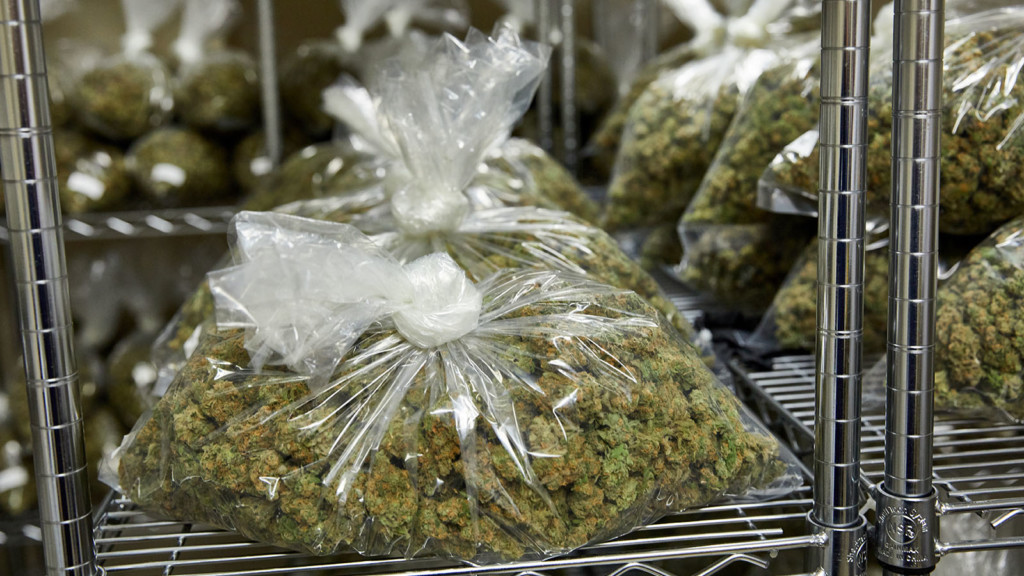
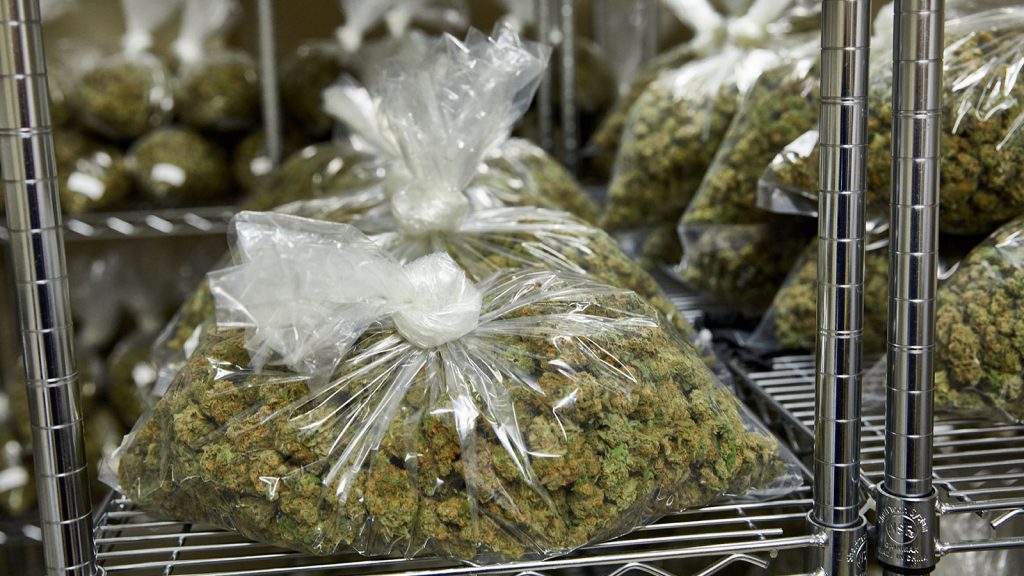
Cannabis possession was permitted by a ruling from Colombia’s Constitutional Court in 1994. Almost a quarter-century later, Colombian President Iván Duque signed a decree that bans personal cultivation and authorizes police to issue fines to and seize marijuana from individuals.
In early 2018, Colombia’s director of the National Narcotics Fund (FNE) estimated that the country could supply 44 percent of the world’s export market, according to a Jan. 11, 2018, report in The City Paper. That would make Colombia the largest cannabis producer in the world.
The new decree is a dramatic change in direction for the country that many are still struggling to understand. Anti-prohibition protesters responded quickly with a national day of action in Bogotá and 20 Colombian cities on October 10, 2019, against the decree within weeks after it was passed, according to Al Jazeera.
“We have been successfully filling the streets with both medical and recreational cannabis users that oppose this new law to show just how massive we really are,” Sie Paba Sua, a spokesperson from the activist group Sí a la Dosis Personal (Yes on Personal Possession), told Weedmaps News. “This a legitimate right that we have guaranteed by the constitution. To deny us the right of personal possession for personal use is blatantly unconstitutional.”
According to Bogotá-based human-rights attorney Manuel Hernandez, “The right to possess personal doses was established by the Constitutional Court, which is the entity that interprets the constitution in Colombia. You cannot penalize someone for possession without changing the actual constitution, and no ‘decree’ has the power to do that.”
“Therefore this decree is, in fact, unconstitutional because the constitution is a superior and overriding law of the land that no other law can contradict,” Hernandez told Weedmaps News.
The same day that Duque passed the decree, Alfredo Beltran, the former president of Colombia’s Constitutional Court, publicly denounced the action, calling it “unconstitutional” and a “danger to personal liberty,” Colombian radio station La FM 94.9 reported.
So what does that mean for Colombia’s recent positioning as a global producer and supplier of cannabis?
According to Alfredo Pascual of Marijuana Business Daily, the crackdown could be a “boost” for the legal side of the medical market, with sources stating that they are confident the new president won’t “roll back” the legal framework while still admitting that the industry is facing some “uncertainty” over the issues.
However, a situation where the production and exportation remain legal yet personal possession and cultivation are outlawed would amount to exploitation, according to Hernandez, who says that many Colombians already feel like the foreign corporations involved are taking advantage of the situation.
“Just look at who possesses the legal licenses and rights to produce marijuana for the global market in Colombia.” he told Weedmaps News, “It’s not Colombians, not families, and not local businesses. It’s international pharmaceutical companies.”
“In one word: monopoly”
Weedmaps News attempted unsuccessfully to contact PharmaCielo, the largest of the Canadian corporations investing in the legal Colombian cannabis market. Although PharmaCielo’s CEO, Anthony Wile, formally congratulated Duque on his victory, stating that Duque’s “commitment to the growth and development of new industries such as medicinal cannabis will benefit the country as a whole”, that was before the decree was introduced. In 2016, Wile wrote an op-ed for the Huffington Post, “We Need a New Global Approach to Drug Control Policies,” in which he opposes prohibition and punishment and supports a public health approach to drug control.
“What President Santos writes in his letter to the next president … is about redirecting the global approach to drugs from prohibition and criminalization, which has proven to push money and power into black-market hands, into funding drug use prevention education and public health programs to assist problem drug users rather than drug interdiction and crop eradication efforts.” writes Wile.
This anti-prohibition sentiment is something that attorney Hernandez heartily agrees with, showing that a conscientious common ground may already exist between activists and big business.
“To penalize personal possession just means that we will be filling prisons with young people who just want to experiment and making richer the narco-traffickers who can charge higher prices because of the prohibition,” Hernandez said.
“We are anti-prohibition, always” agrees Sua of Si a la Dosis Personal, adding that many Colombians simply will not accept an unconstitutional attack on their right to possess cannabis.
More protests against the decree are planned throughout Colombia and, since Duque has also cut funding to the public university system, the issues have merged into a massive “near constant” student-led protest across the country that calls for change.
“This is simply not legal, it is unconstitutional,” Hernandez said, ”and the world needs to know what is happening here.”


